Should We Use Chromebooks So Much in School?
Nonnewaug sophomore Izzy DiNunzio uses a Chromebook during class. Woodbury Middle School eighth-graders say that much of their screen time increase over the past couple of years is due to increased work on Chromebooks.
April 8, 2022
WOODBURY — It’s no secret that screen time has been an issue for teens in recent years. Staring at a TV for hours while binge-watching your favorite show or laying in bed at night scrolling through TikTok or Instagram — the hours add up quickly.
When COVID struck in late 2019, the entire world was affected, and it is still being affected today. Schools were shut down, forcing students to go remote, spending hours on end staring at Chromebooks while trying to focus on lessons.
Now that most schools are back in person full-time, should kids still be doing almost all of their work on an electronic device? Are schools the main culprit of teens and their surging screen times?
Some schools have been using Chromebooks to assist in students’ education for more than 10 years. Over time, more schools started to adopt this learning tool, and now, according to CNBC, almost 60% of the K-12 schools in the U.S. incorporate Chromebooks into their everyday learning.
At first glance, Chromebooks might seem like a faster and quicker way to upload and complete assignments, compared to paper handouts. In most ways they are, but they also inflict problems upon students that paper does not.
Woodbury Middle School eighth-grade student Laila Jones agrees.
“[I don’t like using Chromebooks] as much as paper because so many things can go wrong with a Chromebook that can affect my learning activity,” Jones said.
This is true among many of the students in eighth grade for numerous different reasons. Most say it’s because staring at a screen is boring for them, and paper would interest them more and motivate them to want to do more school work.
Laila’s classmate, Katie Savulak, is having the same problem, but in different ways.
“I hate it. It always hurts my eyes and I just can’t get anything done on it,” Savulak said. “There’s always some kind of distraction … and it makes me really tired, too.”
In a survey taken by eighth grader at WMS, 60% of the respondents said that during COVID they spent between 3-5 hours a day on a screen, and 51% of respondents said that most of that time is spent on their Chromebooks during school. It was also shown in the survey that most students’ screen time has doubled from before COVID to now.
Associate professor Asad Khan from the School of Health and Rehabilitation Sciences said in an article published by the University of Queensland that “rsearchers have linked harmful effects on adolescents’ mental health to screen time exceeding two hours a day for girls and four hours a day for boys.”
All of this information begs the question: Is excess screen time in teens mainly associated with Chromebooks in school? Should we still be using them if they are creating problems within our schools?



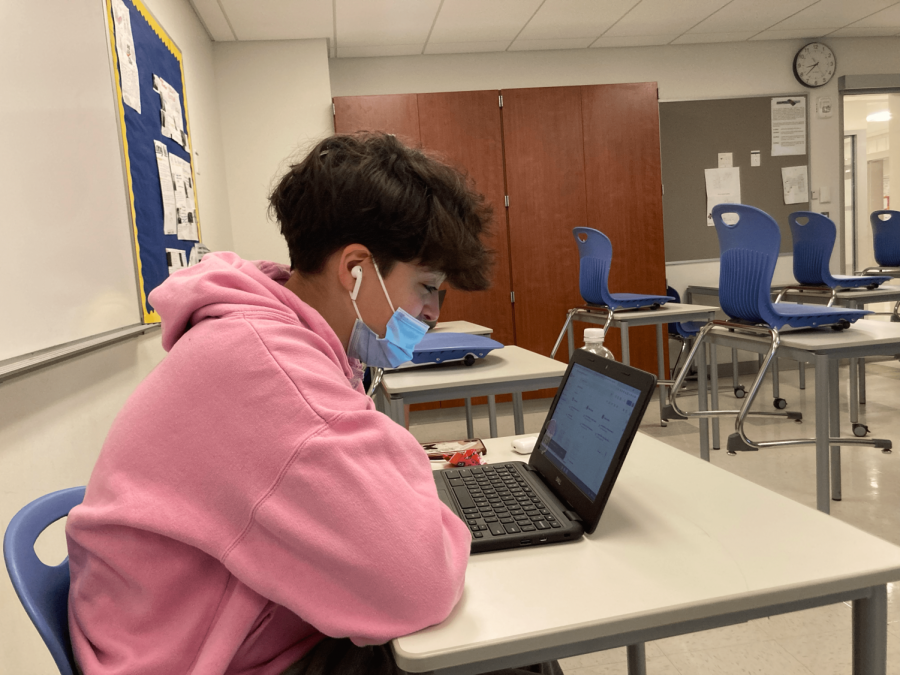


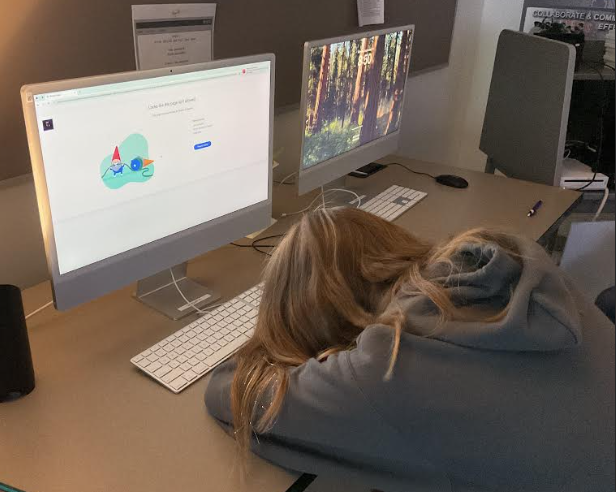
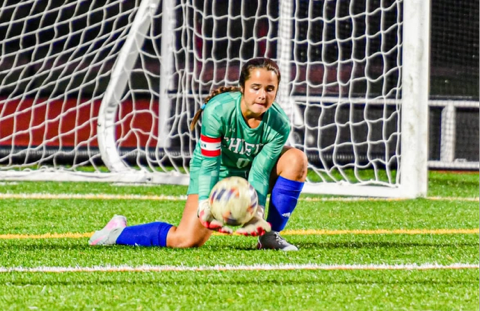
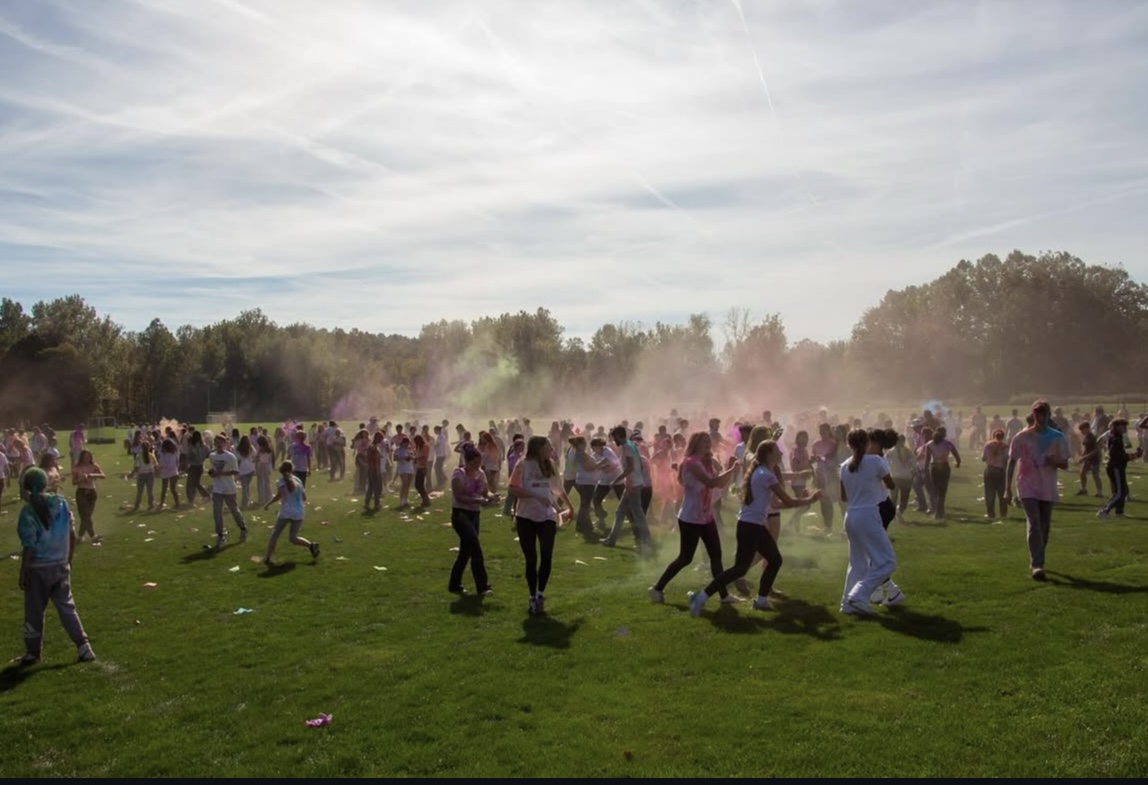
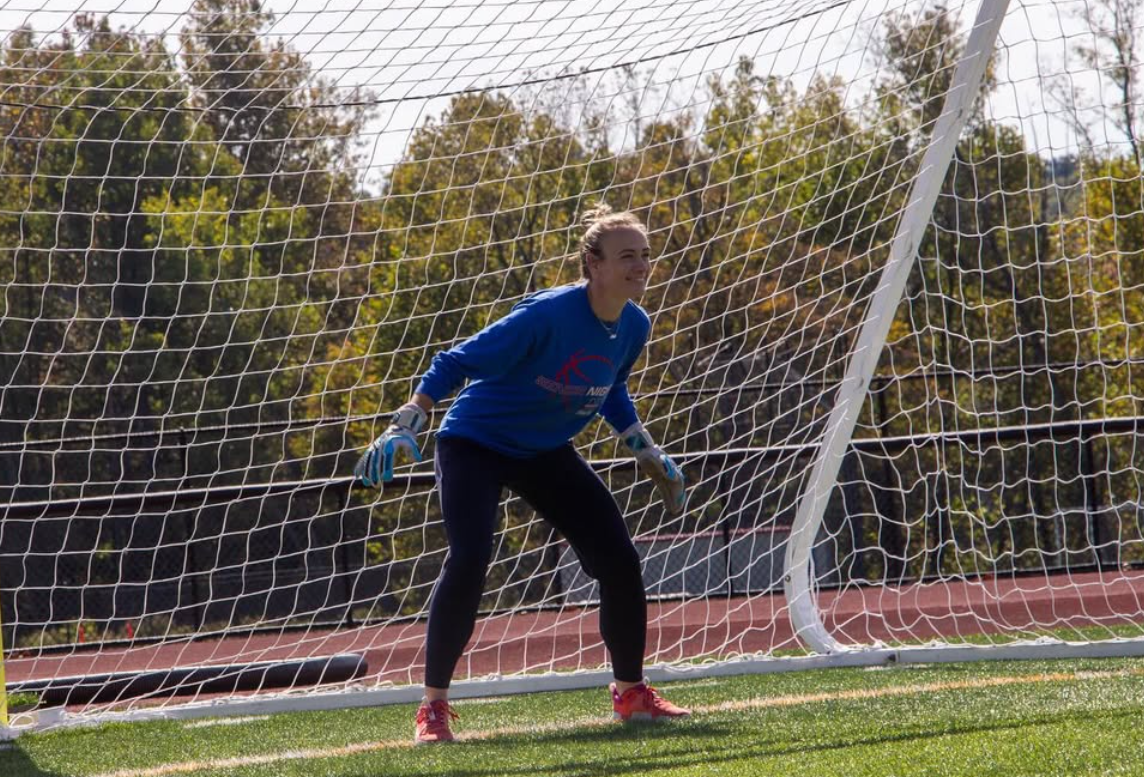


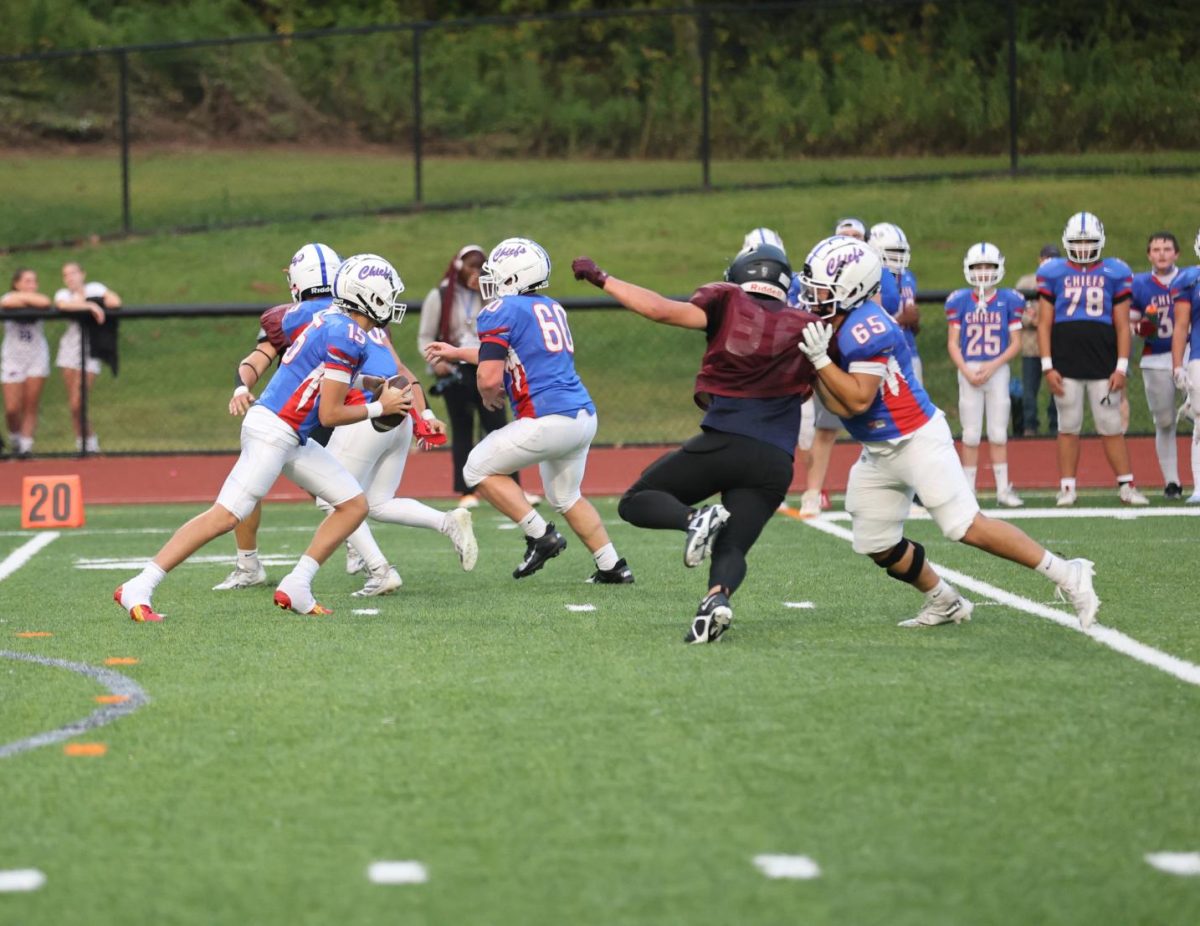
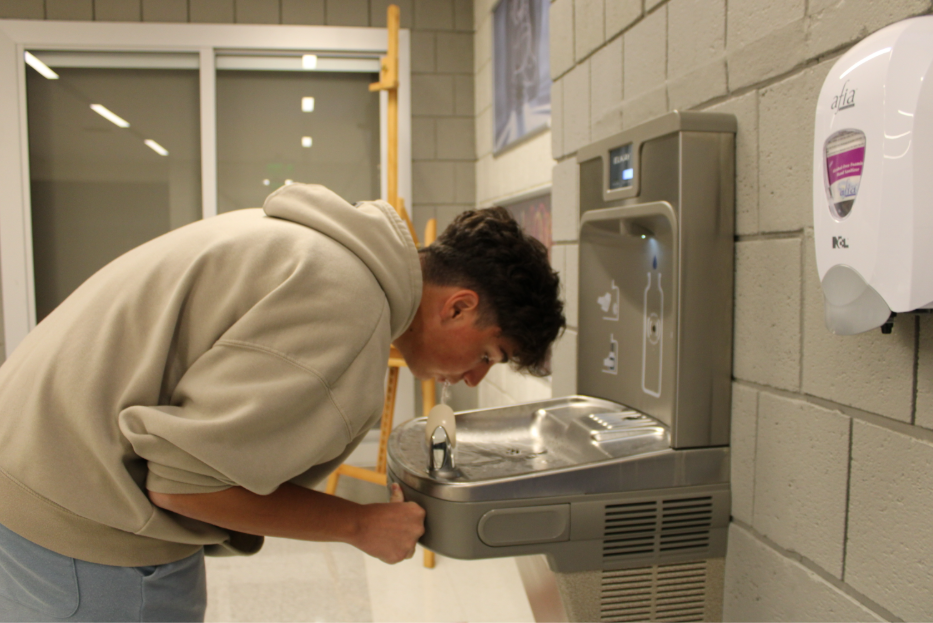

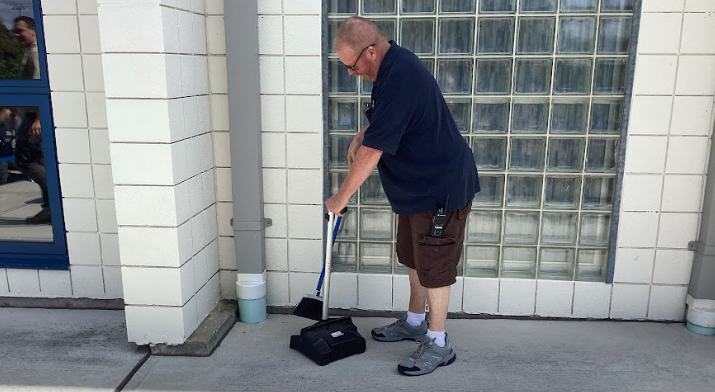





Yo mama • Sep 12, 2022 at 11:17 pm
Then why is every. Single. School relying on devices to teach all of our kids & everyone is acting like it’s just normal??? We are hurting our kids!!!